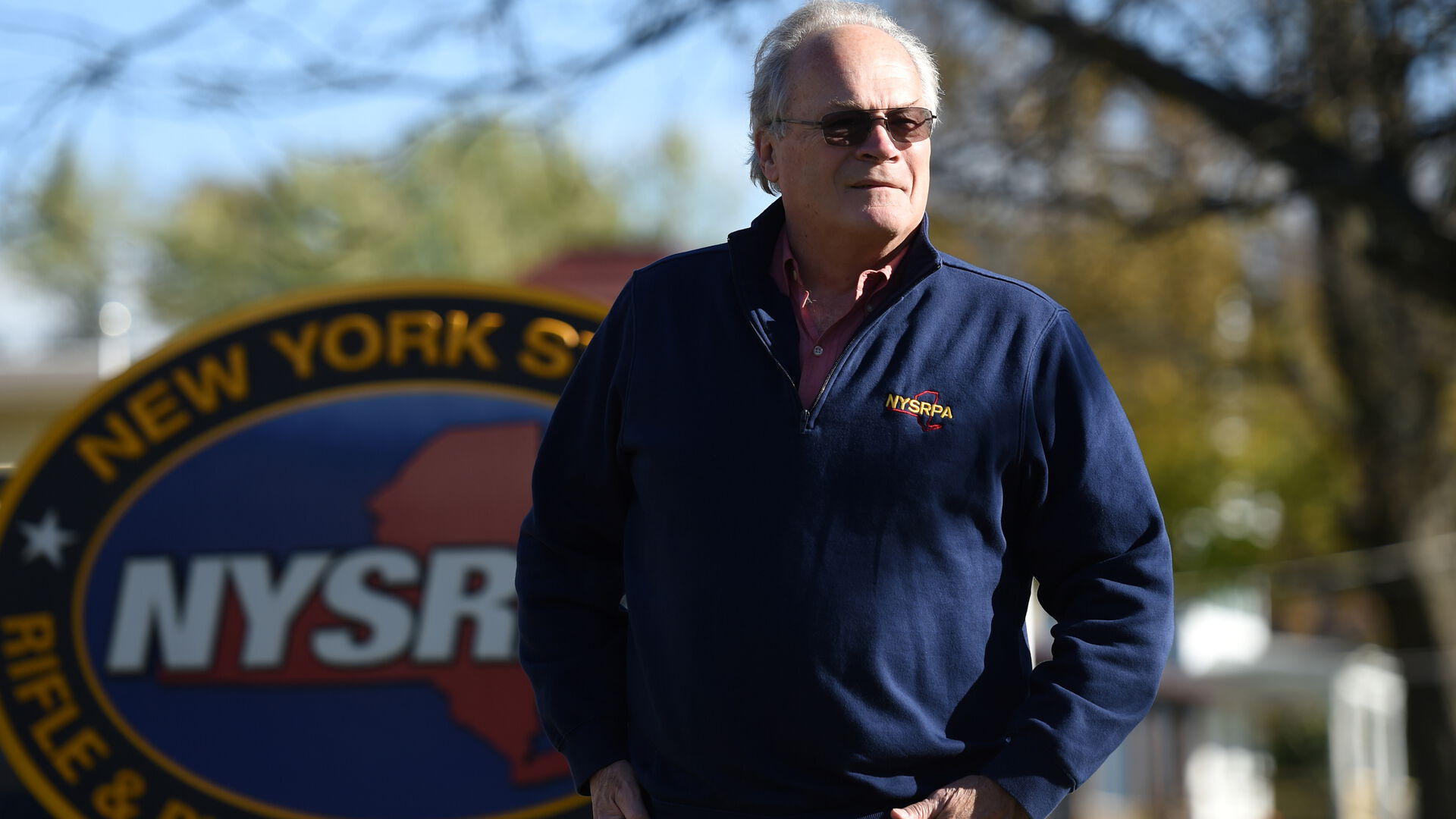
Paul Clement, Attorney for New York State Rifle and Pistol Association: “Carrying a firearm outside the home is a fundamental constitutional right. It is not some extraordinary action that requires an extraordinary demonstration of need. Petitioners here seek nothing more than their fellow citizens in 43 other states already enjoy. And those states include some of the most populous cities in the country. Those states, like New York, limit the firearms insensitive places but do not prohibit carrying for self-defense in any location typically open to the general public.”
John Roberts, Chief Justice: “Mr Clement, are you in your opening, you talked about the rate applying in any location typically open to the general public. I’d like to get some sense about what you believe could be off limits like university campuses. Could they say you’re not allowed to carry on a university campus?”
Paul Clement, Attorney for New York State Rifle and Pistol Association: “So, Mr. Chief Justice, I think the answer to your question is yes.”
John Roberts, Chief Justice: “Oh, what sort of place do you think they could be excluded from? In other words, you can get a permit, but the state can impose certain restrictions, for example, any place in which alcohol is served. So they say you cannot carry your gun at any place where alcohol is served.”
Paul Clement, Attorney for New York State Rifle and Pistol Association: “So, Mr. Chief Justice, I think probably the right way to look at those cases would be look at them case by case and say OK in this court in Heller, for example, said sensitive places include government buildings and schools. I think those you can probably tap into a pretty good tradition. I think any place that served alcohol would be a, you know, a tougher case for the government. I think we would have a stronger case. They might be able to condition the license holder are not consuming any alcohol. There might be a variety of laws and we could have those debates.”
John Roberts, Chief Justice: “But what about the football stadium?”
Paul Clement, Attorney for New York State Rifle and Pistol Association: “I think, again, football stadium would probably take it on its own and look to the historical analogs, but the sensitive place restrictions really are a different animal than a carry restriction, because I think a true sensitive place restriction is not just going to limit your ability to carry concealed, but it’s going to be say this is a place where no weapons are allowed, you know, whether they’re firearms or other weapons, no weapons are allowed.”
Barbara Underwood, Solicitor General of New York: “In total, from the founding era through the 20th Century, at least 20 states have, at one time or another, either prohibited all carrying of handguns in populous areas or limited it to those with good cause. New York’s law fits well within that tradition of regulating public carry. It makes a carry license available to any person not disqualified who has a non speculative reason to carry a handgun for self-defense. New York is not an outlier in the extent to which the state restricts the ability to carry firearms in public, and it’s not an outlier in asking a license applicant to show good cause for a carry license.”
John Roberts, Chief Justice: “Heller relied on the right to defense as a basis for its reading of the of the Second Amendment, or that was its reading. Now I would think that arises in more populated areas. If you’re out in the woods, Brasilia, it’s pretty unlikely that you’re going to run into someone who’s going to rob you in the street. On the other hand, there are places in a densely populated city where it’s more likely that that’s where you’re going to need a gun for self-defense. And, you know, however many policemen are assigned, you know, there are high crime areas. And it seems to me that what you’re saying is that’s probably the last place that someone’s going to get a permit to carry a gun.”
Barbara Underwood, Solicitor General of New York: “Well, I’ll say a couple of things about that. One, we if you go right to history and tradition, the history was to regulate most strenuously in densely populated places. That’s what fairs and markets are. So we have history, but we also have a rationale for that history, which is that where there is dense population, there is also the deterrent of lots of people. And there is the availability of law enforcement.”






